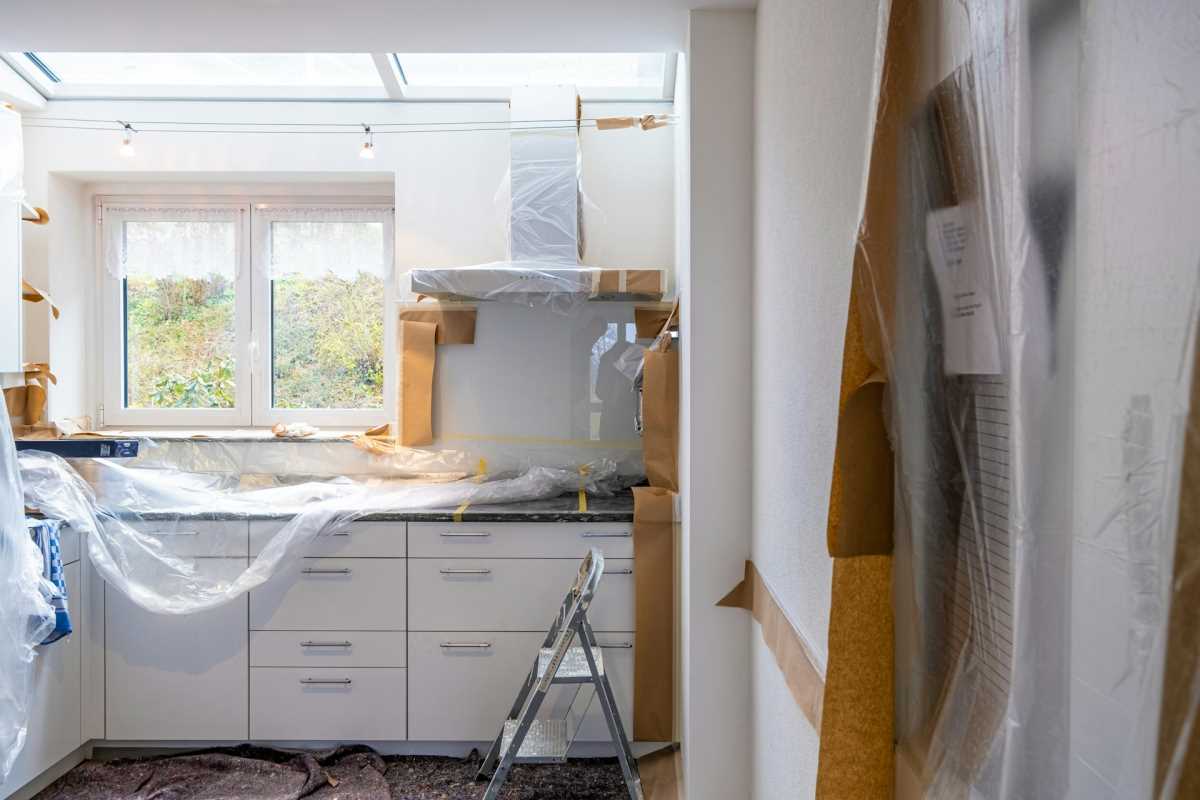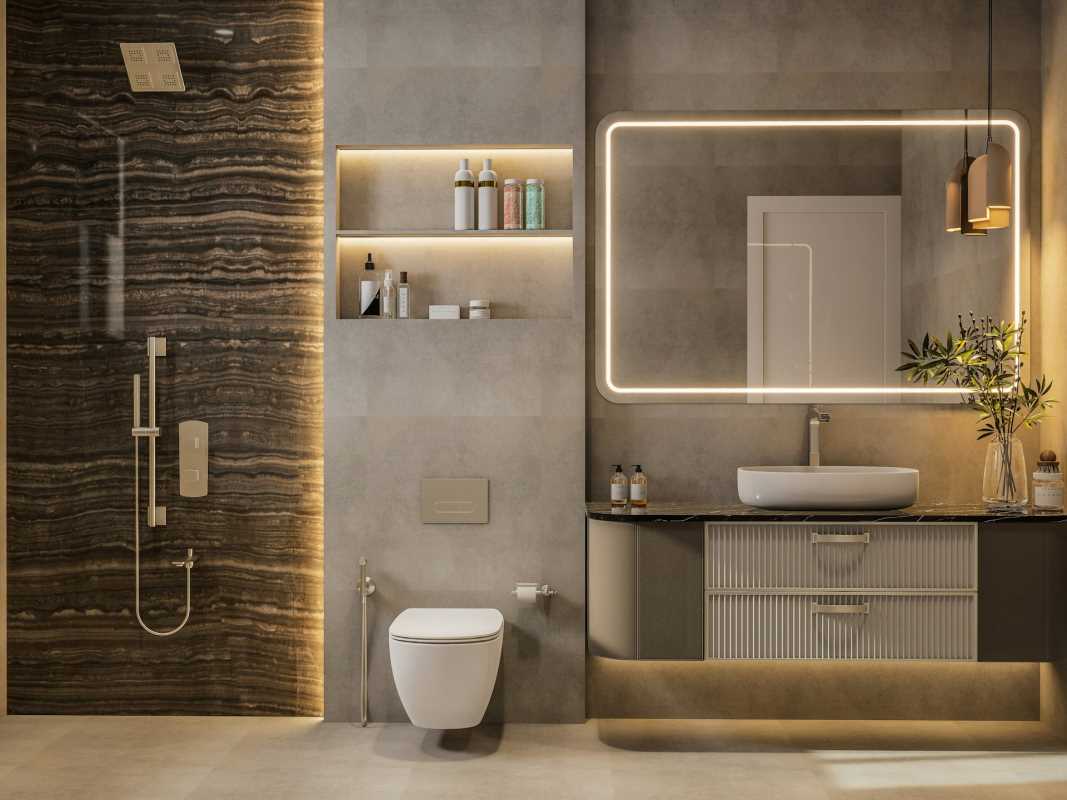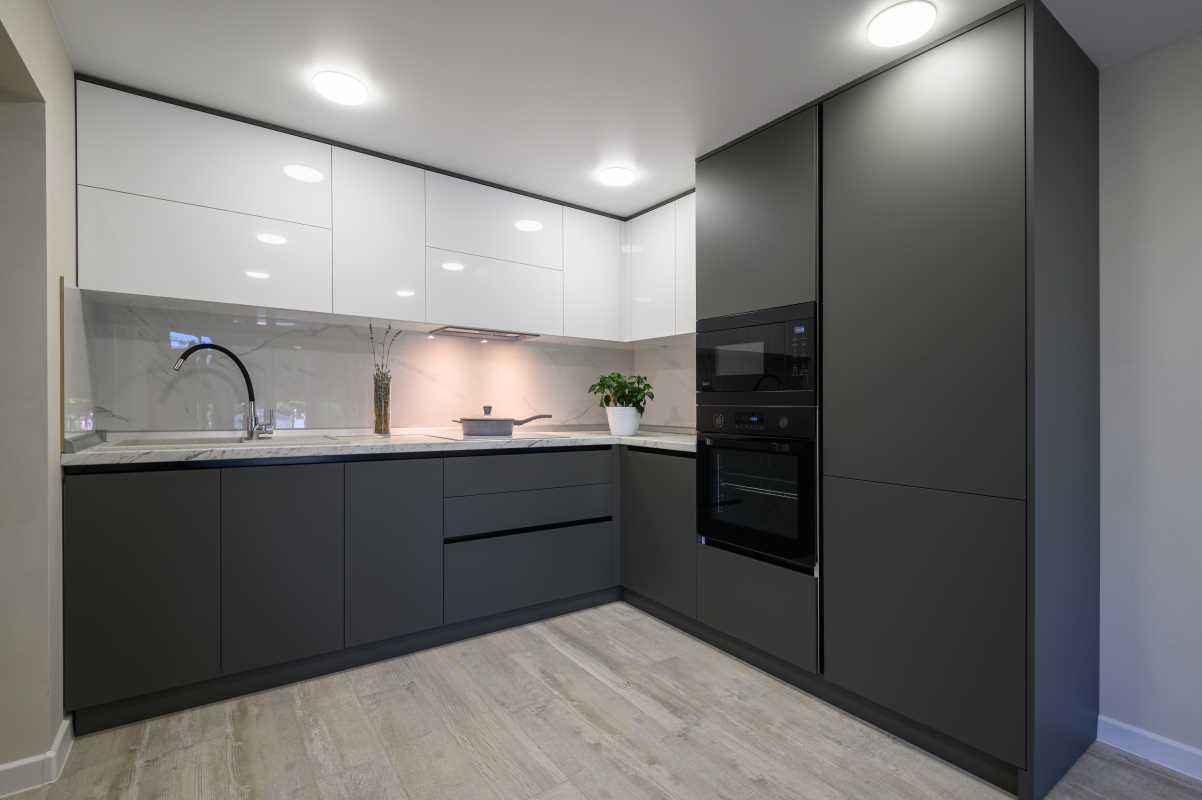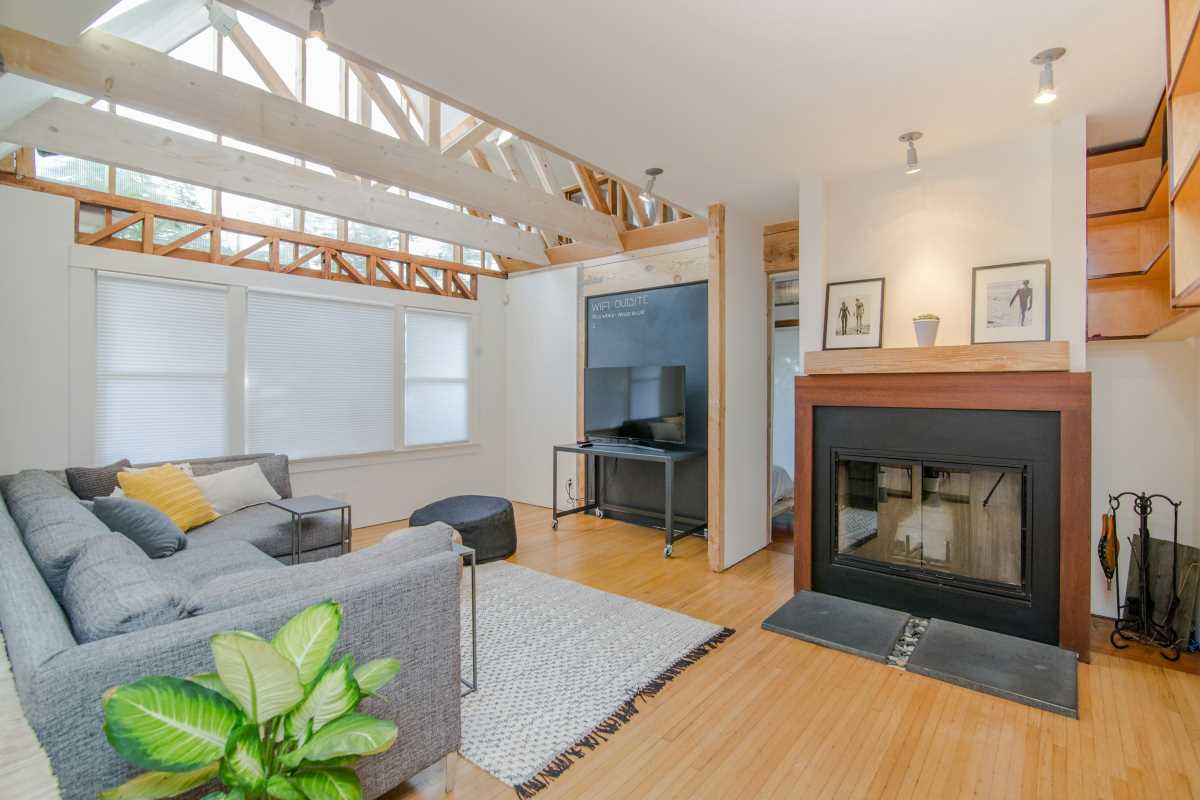When it comes to home improvement projects, one of the biggest questions you’re likely to face is whether to roll up your sleeves and go the DIY route or bring in a professional contractor. Both options have pros and cons, and the right choice depends on several factors like your budget, skills, and the scope of the project.
If you’re teetering on the edge of this decision, don’t worry! We’re here to help you weigh your options so you can move forward with confidence.
1. Consider Your Budget
First and foremost, determine how much you’re willing and able to spend on your project.
- DIY can save you money by cutting out labor costs, which often make up a significant chunk of the project’s total expenses. But keep in mind, staying on budget requires discipline. Unexpected expenses like tools or mistakes can quickly add up.
- Contractors, while pricier, know how to allocate resources efficiently. Plus, their expertise can prevent costly errors down the line. If you’ve got room in your budget, hiring a contractor might mean less stress and better results.
Quick Tip for Budgeting
Make a list of everything your project will require, including materials, tools, and permits. If you’re going DIY, factor in new tools you might need to purchase or rent. For contractors, get detailed quotes from at least three professionals to make an informed decision.
2. Evaluate Your Skills and Experience
Ask yourself honestly: Do you have the skills to complete this project safely and effectively?
- DIY is a great option for simple projects like painting walls, installing shelves, or assembling furniture. These tasks are generally beginner-friendly and don’t require specialized knowledge.
- Contractors are a smarter choice for jobs that involve complex systems like plumbing, electrical work, or major structural changes. If you’re inexperienced, attempting these projects yourself can be dangerous and may result in costly mistakes.
DIY vs. Contractor Example
If you’re updating a backsplash, YouTube tutorials might be all you need to DIY. But if you’re knocking down a load-bearing wall? That’s definitely a contractor’s area of expertise.
3. Assess the Project’s Complexity
The complexity of your project plays a huge role in determining whether to DIY or hire a pro.
Projects Perfect for DIY
- Painting or wallpapering walls
- Installing basic flooring (like peel-and-stick tiles)
- Building flat-pack furniture
- Creating a gallery wall with art and photos
Projects Best Left to Professionals
- Rewiring electrical systems or upgrading your panel
- Replacing major plumbing fixtures (e.g., toilets and sinks)
- Remodeling kitchens or bathrooms
- Roofing or extensive exterior work
Remember, safety should always take precedence! Complicated jobs often require licenses, permits, and advanced tools that only contractors can provide.
4. Factor in Time Commitment
Time is another crucial element. How much free time do you realistically have to dedicate to the project?
- DIYing often takes longer, especially if you’re learning as you go. What seems like a weekend project can spiral into weeks if unexpected challenges arise. If you’re okay with a slower pace and enjoy the process, DIY could be a rewarding path.
- Hiring a contractor is ideal if you’re juggling a busy schedule. Professionals typically complete projects much faster since they have the experience and resources to work efficiently.
Ask Yourself
Would you rather spend your weekends in overalls, or would you prefer to relax while someone else handles the heavy lifting?
5. Think About Tools and Equipment
Another factor to consider is access to the right tools and equipment.
- DIY requires you to either own or rent the necessary tools. For smaller projects, this might mean a drill and some paintbrushes. But for bigger jobs, like tiling floors or sanding wood, you may need to invest in equipment you’ll probably use just once.
- Contractors, on the other hand, come equipped with commercial-grade tools and materials. This means you don’t have to worry about anything except pointing them in the right direction.
Quick Tip
If you’re leaning toward DIY but need pricey tools, check to see if your local hardware store rents out equipment. It’s a cost-effective alternative to buying.
6. Take Long-Term Value into Account
When deciding whether to DIY or hire a contractor, think about the long-term value of the project.
- DIY projects that are well-done can certainly add charm and character to your home. But if the quality isn’t up to par, it could affect your home’s resale value and even require repairs down the line.
- Professional contractors are trained to meet industry standards and often offer warranties on their work. This guarantees quality, which can boost your home’s market value.
Pro Tip
For projects like kitchen or bathroom renovations that carry a big impact on resale value, it’s worth splurging on a contractor to get it done right the first time.
7. Evaluate Your Risk Tolerance
Every project involves some risk, from safety concerns to potential mishaps. Consider how much risk you’re comfortable taking on.
- DIY involves a higher degree of personal responsibility. If something goes wrong, you bear the cost and effort of fixing it.
- Contractors, on the other hand, are responsible for delivering as promised. If issues arise, reputable contractors will resolve them (and they’re often insured).
Quick Safety Reminder
If a project involves asbestos removal, electrical work, or major demolition, always leave it to licensed professionals.
Final Decision-Making Questions
If you’re still torn, ask yourself these questions to make your choice clearer:
- What’s my budget, and how much am I willing to spend on labor?
- Do I have the skills and confidence to complete this project successfully?
- How complex is the project? Can I realistically handle it?
- Do I have the time to dedicate to a DIY project, or would I prefer faster results?
- Will I need specialized tools that I don’t own or can’t rent easily?
- Is the project’s quality crucial for long-term home value, or is it purely for aesthetic satisfaction?
By balancing these factors, you’ll have a much clearer picture of whether to tackle the project yourself or call in a pro.
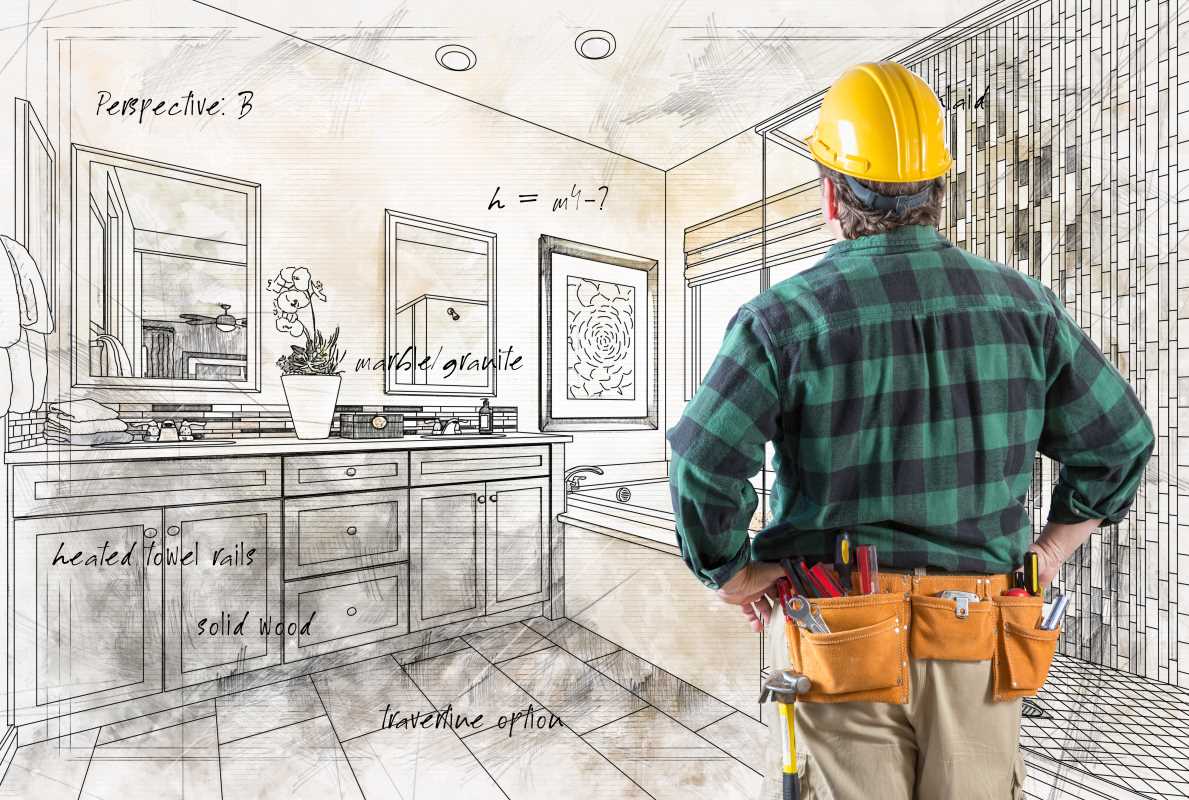 (Image via
(Image via